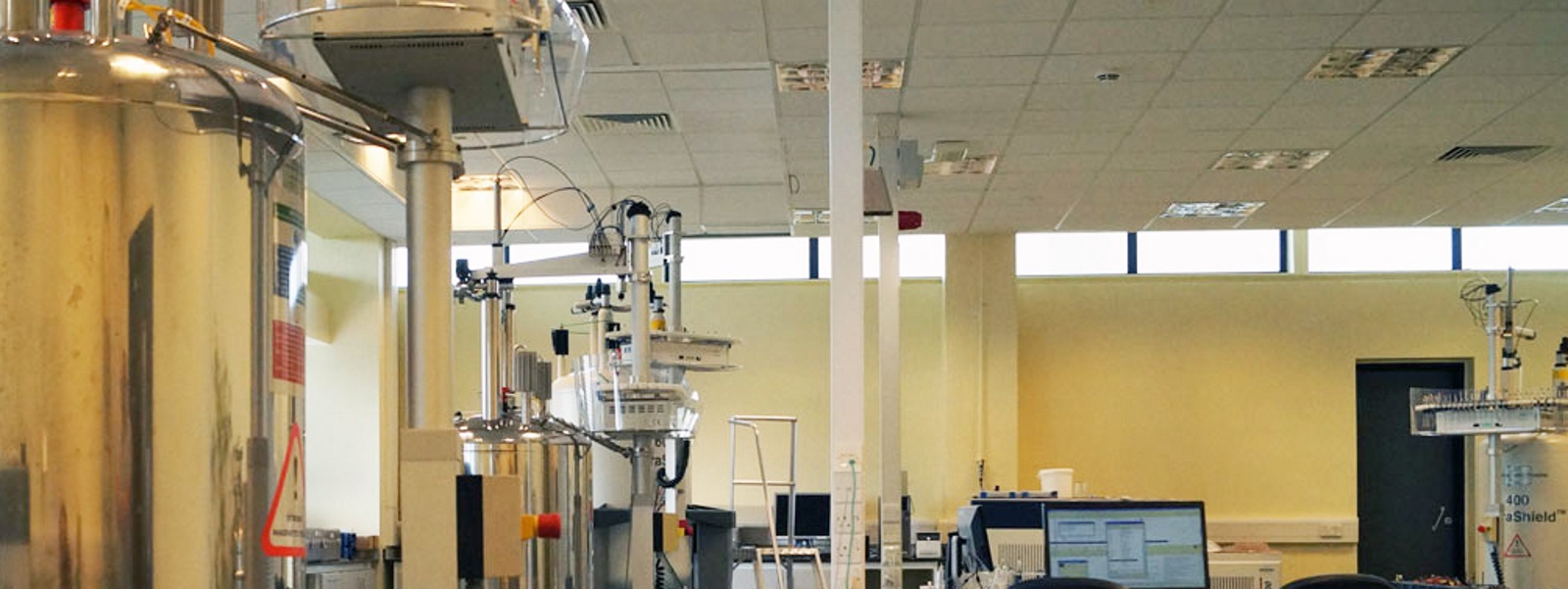Current opportunities
As part of our industry-based PhD programme, we can offer a number of collaborative studentships that are based at the University of Strathclyde and funded by the University, the EPSRC & GSK.
Students are co-supervised by chemistry academics and a senior chemist from GSK.
The successful candidates will be based at the University of Strathclyde and will have the opportunity to spend at least three months of the studentship at the GSK Medicines Research Centre in Stevenage, England.
For these outstanding training and development opportunities in chemistry, you will need or be in line to obtain:
- A very good MSci or MChem degree, or equivalent, in chemistry
- Excellent theorectical and practical skills, together with a dedicated and conscientious attitude, and the ability to provide creative and innovative solutions to complex problems
- To be highly motivated for chemistry and broader areas of science
- Strong communication skills

